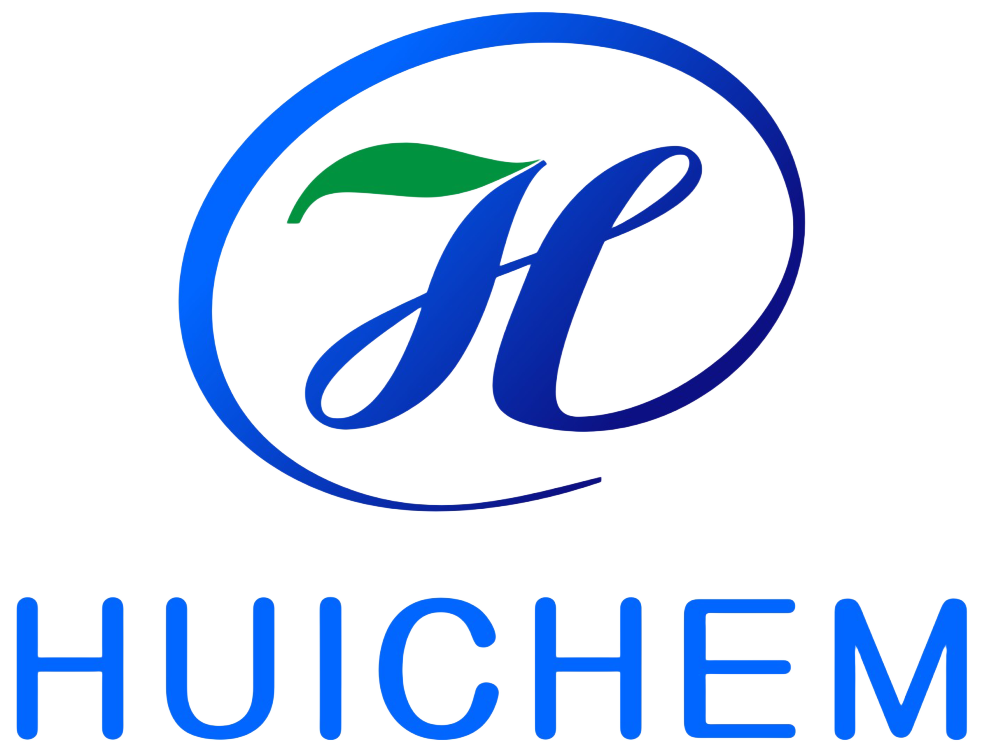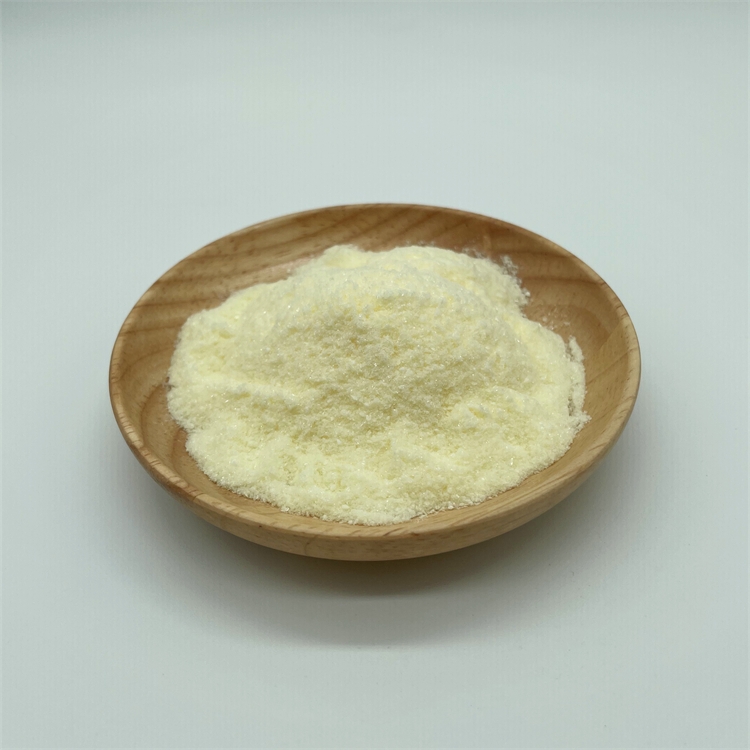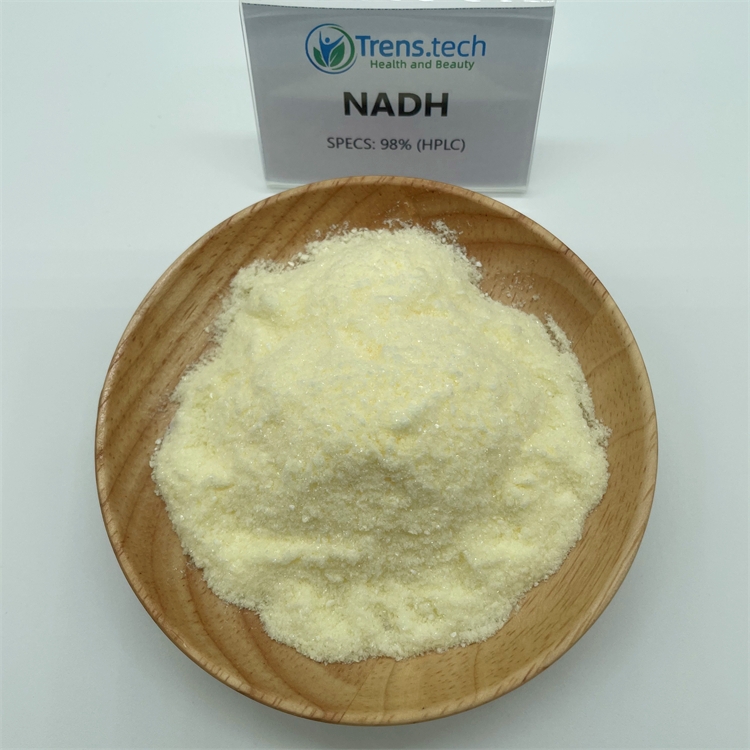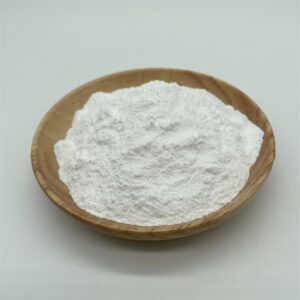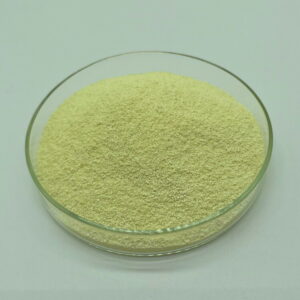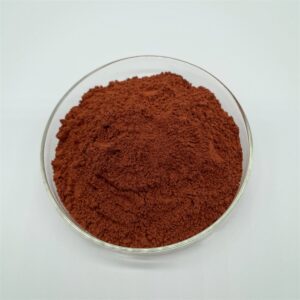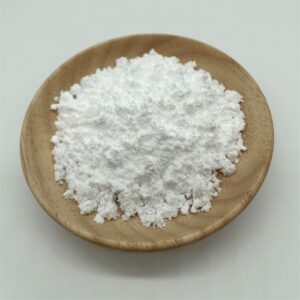NADH
NADH, also known as reduced coenzyme I, is a proton transfer (more accurately, hydrogen ion) coenzyme, mainly in the form of reduction (NADPH) exists in living cells, and participates in thousands of physiological reactions, sugar, fat, amino acids and other nutrients metabolism and utilization process has an important significance.
Additional information
| Name | NADH |
|---|---|
| CAS No. | 606-68-8 |
| Synonyms | β-Nicotinamide adenine dinucleotide reduced disodium salt |
| Specifications | 98% |
| Appearance | Light yellow powder |
| Molecular Formula | C21H27N7Na2O14P2 |
| Molecular Weight | 709.4 |
| Certified | FDA, ISO, Kosher, HALAL |
Product Details:
NADH, the scientific name beta-nicotinamide adenine dinucleotide disodium, is the reducing form of NAD+, also known as reduced coenzyme I. NAD typically acts as a hydrogen acceptor, forming NADH, and then as a hydrogen donor in the respiratory chain. It is found primarily in the reduced form (NADPH) in living cells and is involved in synthetic reactions. As an essential coenzyme in biocatalytic reactions, it participates in thousands of physiological reactions, such as cellular tricarboxylic acid cycle (TCA), fat β oxidation, etc., and plays an important role in the metabolism and utilization of nutrients such as sugars, fats, and amino acids.
NAD+ levels induced by NADH were much higher than those induced by NMN and NRH. Surprisingly, NADH was able to effectively increase NAD+ concentration within half an hour and maintain it for 12 hours.
Ke Wu et al. published their findings in the ScienceDirect database demonstrating that NADH has the potential to promote alcohol metabolism and prevent and treat liver and kidney damage caused by acute alcohol exposure.
